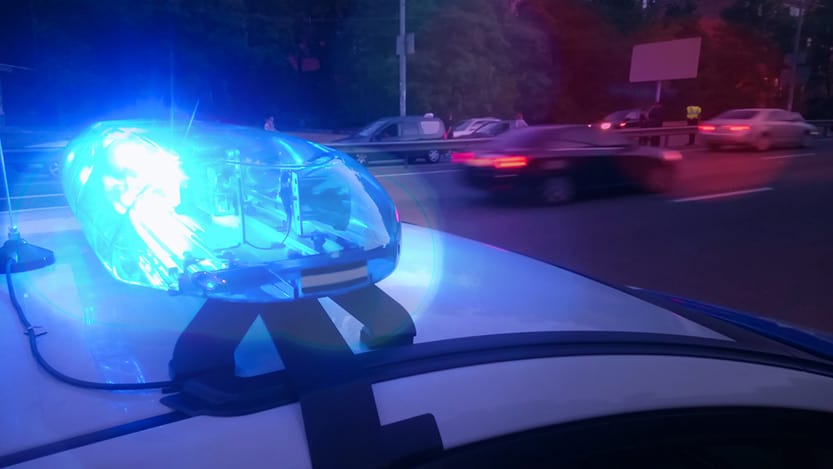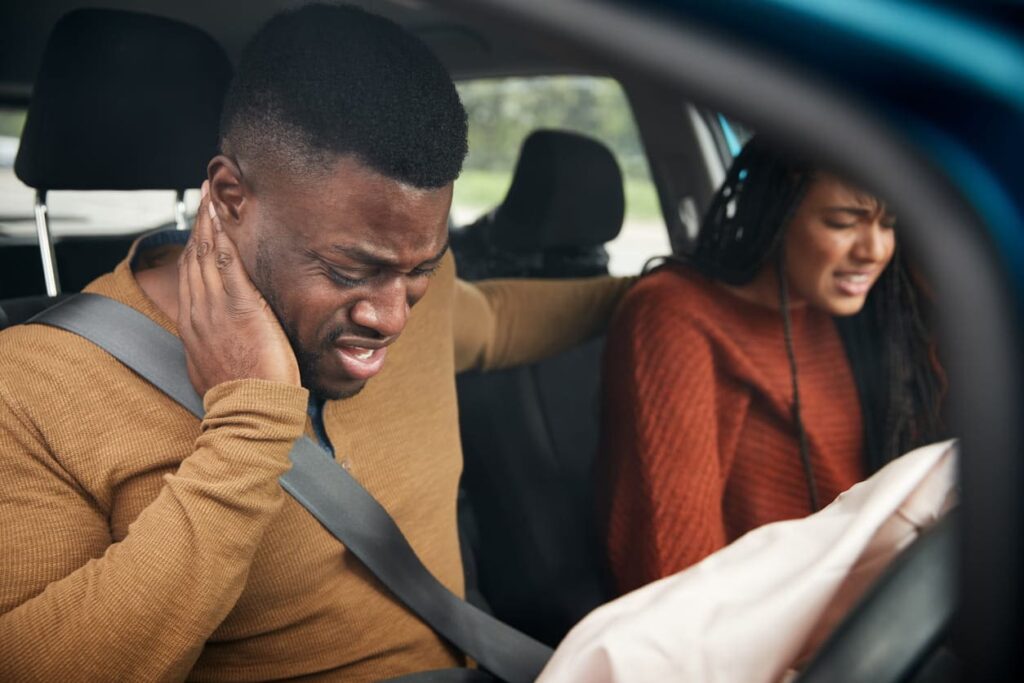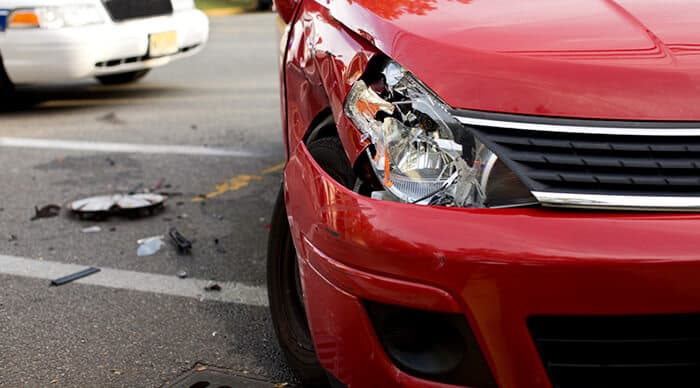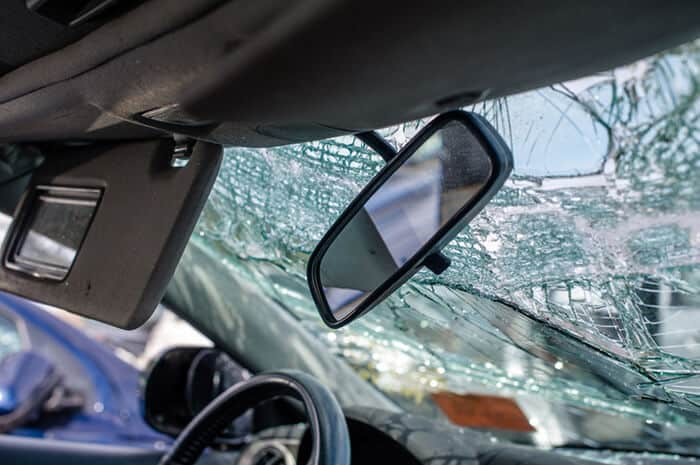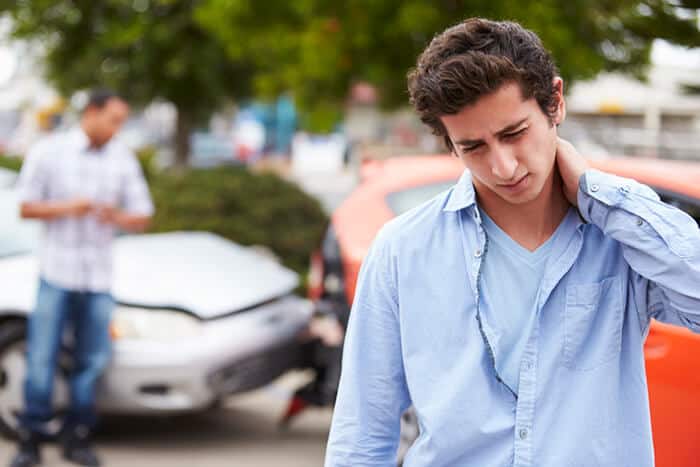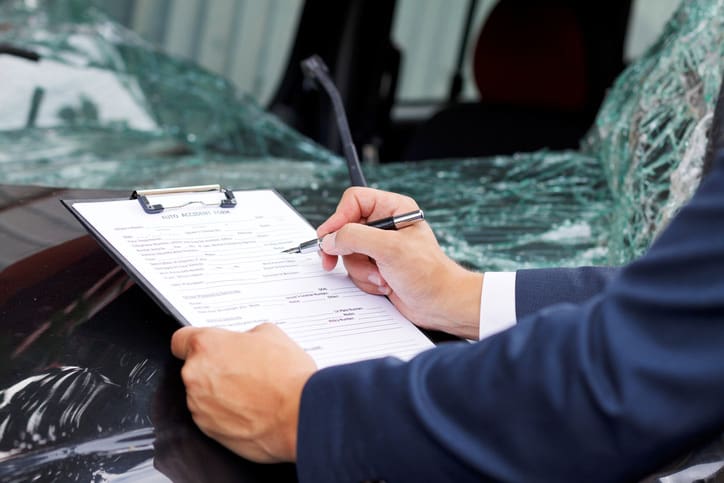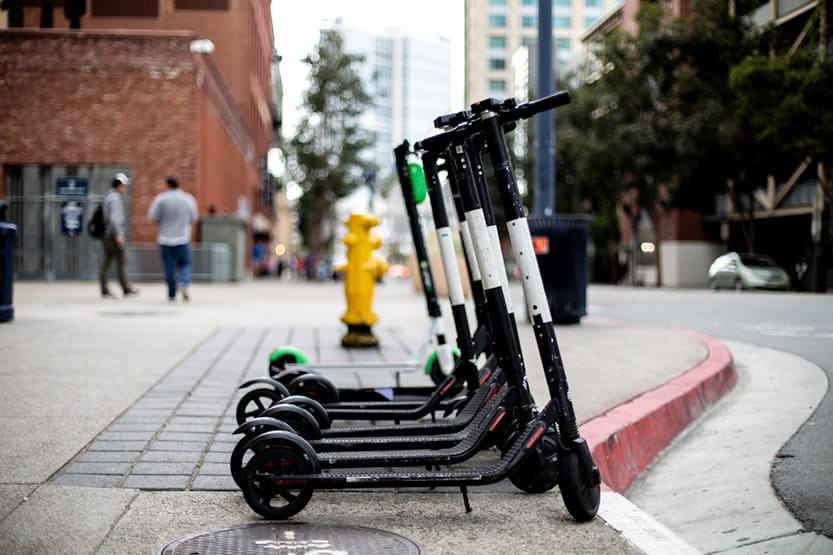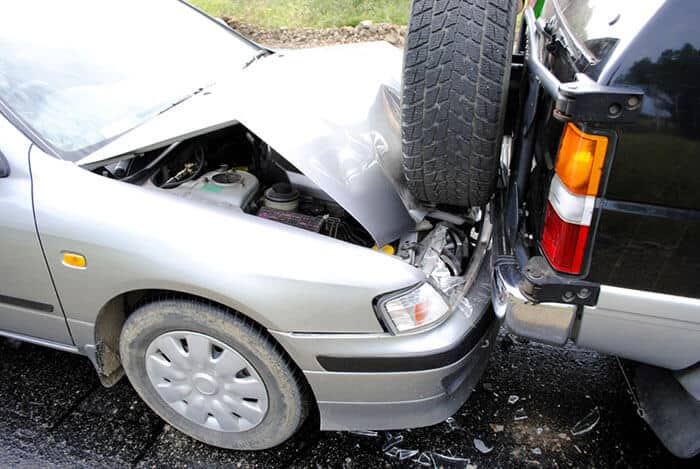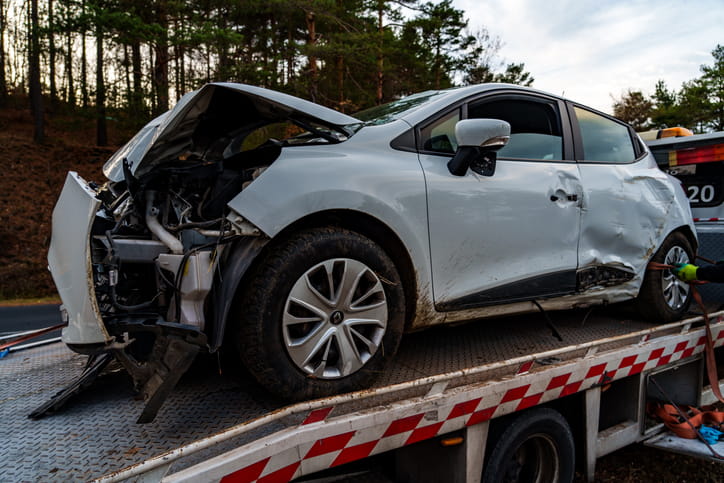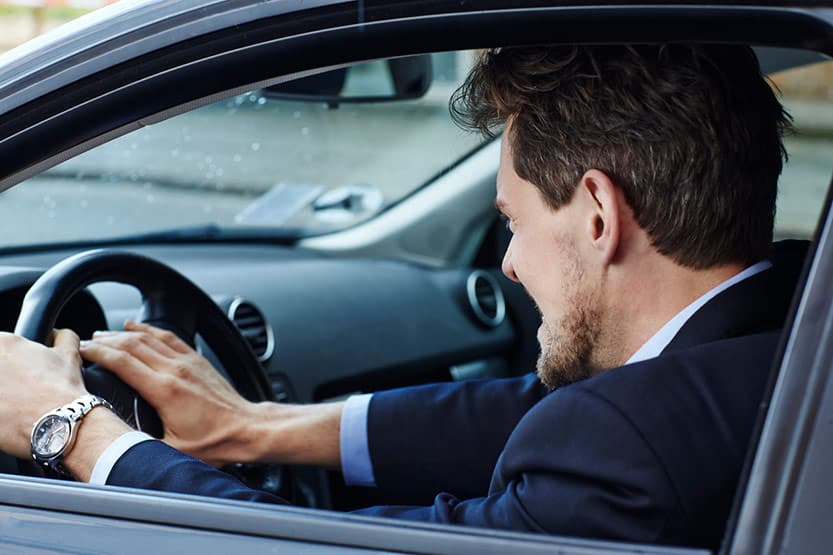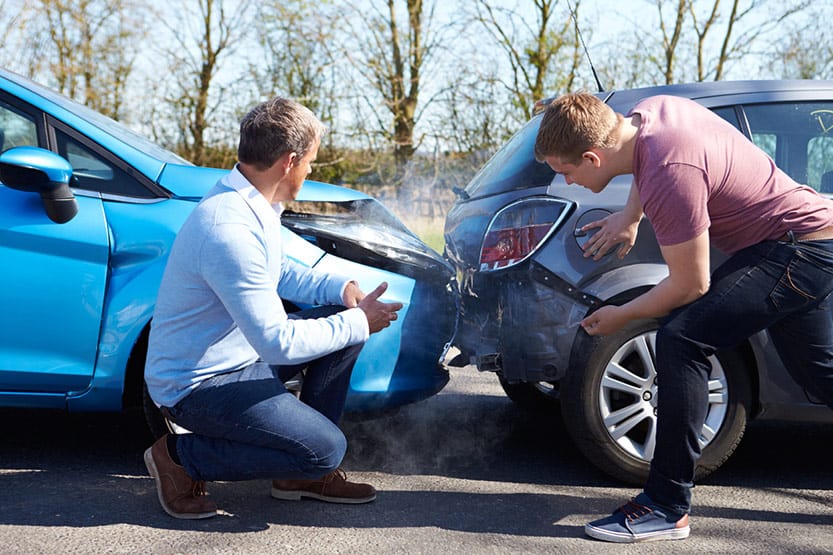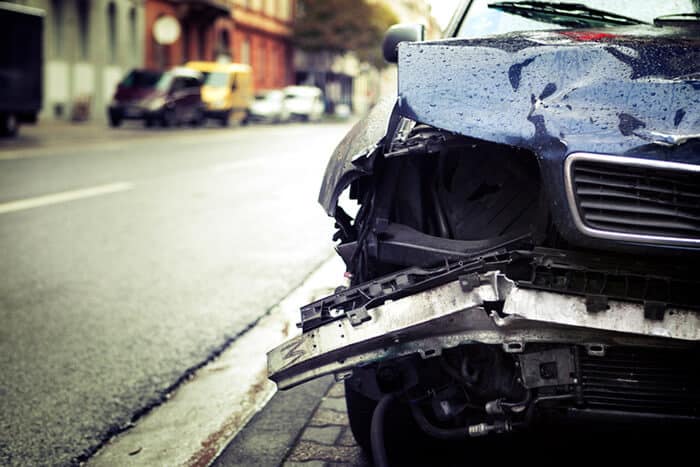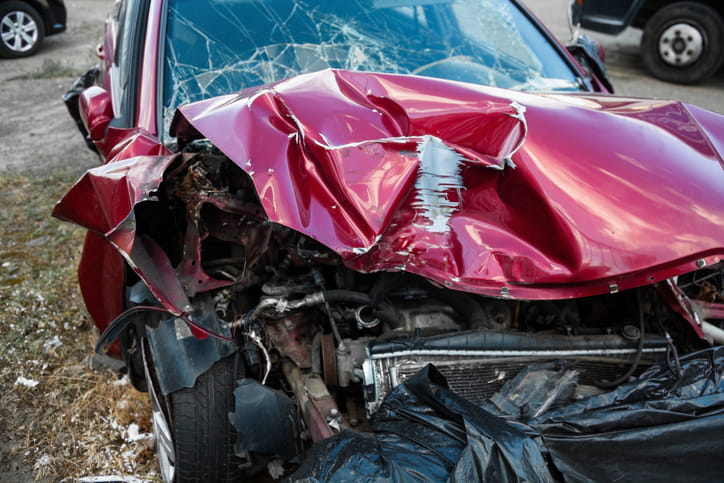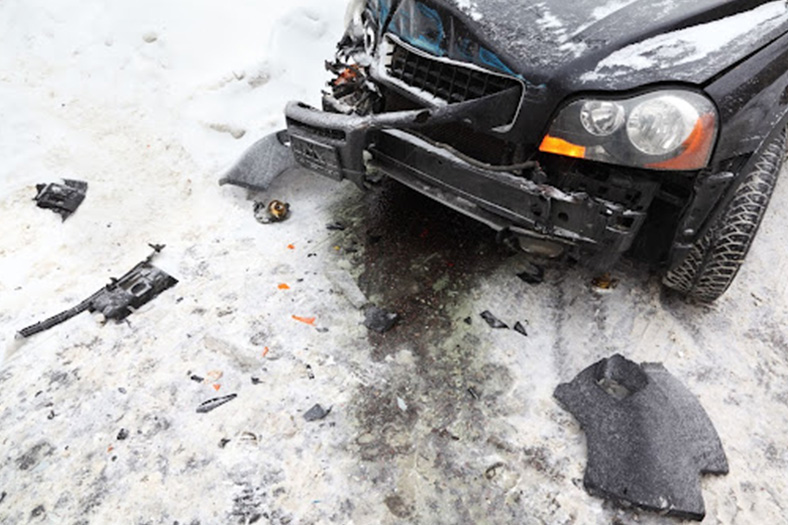Auto Accidents: Texting And Driving Statistics
Thousands of crashes occur each year because of distracted driving. Texting and driving statistics show just how serious this problem is. Even though most people know that they shouldn’t, as many as 80% of people admit to cell phone use while they drive. Our Colorado car accident attorneys explain texting and driving statistics.
Personal Injury Lawyers » Practice Areas » Colorado Car Accident Lawyers » Auto Accidents: Texting And Driving Statistics
- Texting and Driving Stats
- Texting and Driving Law Statistics
- Why Shouldn't You Talk or Text While Driving?
- What Is the Problem With Texting While Driving?
- What Can I Do About Someone Texting While Driving?
- How Do I Stop Texting While Driving?
- Is It Legal To Film Yourself While Driving?
- Is Texting and Driving Legal Negligence?
- Can I Sue Someone for Texting and Driving?
- Talk to Our Attorneys for Texting and Driving Accidents
- Visit Our Auto Accident Law Offices Across Colorado
- Related Car Accident Resources
- You Deserve Fair Compensation
Texting and Driving Stats
According to the National Highway Traffic Safety Administration (NHTSA)1 and the Insurance Information Institute (III)1:
- Distracted driving causes 3,142 deaths per year.
- Distracted driving plays a role in 5.9% of fatal crashes.
- Texting while driving is the 5th leading cause of traffic deaths behind speeding, drugs, alcohol and right of way violations.
- Texting while driving is more likely to contribute to traffic fatalities among teenagers than any other group.
- All age groups have a percentage of drivers that drive distracted. Drivers ages 20-29 make up 23% of the driving population but 27% of distracted drivers.
What are the two most dangerous habits of young drivers? By far, traffic fatalities among teenagers have been attributed to talking and texting while driving. This is why it’s crucial to share how dangerous it can be to use your phone while operating a vehicle.
Texting and Driving Law Statistics
- Forty-eight (48) U.S. states ban texting while driving.
- All states have at least some laws restricting texting or driving among certain age groups or in certain driving zones.
- No state completely bans cell phone use while driving in all circumstances.
- Thirty-six (36) states ban hand-held cell phone use among novice drivers.
- Approximately half of the states prohibit hand-held cell phone use while driving.
Why Shouldn’t You Talk or Text While Driving?
When you talk or text while you drive, your attention is diverted from the road. That reduces your ability to react quickly to changing circumstances around you. When seconds and fractions of a second matter on the road, you shouldn’t talk or text while driving because your ability to perceive and respond to road conditions is impaired.

What Is the Problem With Texting While Driving?
When you send or read a text while driving, it takes your eyes off the road for about five seconds. At 55 miles per hour, that’s the equivalent of looking down for the entire length of a football field. You may not be able to take evasive actions as needed when something happens quickly. A crash may occur that could have been avoided, or a collision may be more severe because of the delayed response from the texting driver.
What Can I Do About Someone Texting While Driving?
When someone else chooses to text and drive, be sure to leave extra following distance and drive defensively. While you may not be able to control the other driver’s actions at that moment, you can control how you react. Leave space to have extra time to respond if their driving is erratic or negligent because they are distracted.
If the individual is creating danger on the roads, you may report their actions to law enforcement. In addition, if they are a commercial driver, you might record the license plate or vehicle number in order to inform the driver’s employer of their negligence. Focus on creating space between you and the offending driver, and if possible, gather information to report the dangerous behavior.
How Do I Stop Texting While Driving?
Here are some ways that you can help yourself stop texting while driving:
- Leave your phone in the back of your vehicle or in a purse or compartment where you can’t reach it during your journey.
- Take care of any tasks that you need to take care of before you drive. Send texts that you may want to send before you start your trip.
- Learn the texting while driving laws in your community.
- Understand the dangers of texting and driving and how it contributes to vehicle crashes.
- Take breaks as needed. If you need to check your phone or send a text, pull over in a safe location and shut off your vehicle.
Is It Legal To Film Yourself While Driving?
While there may not be a particular law prohibiting filming yourself while driving, all states have laws prohibiting careless driving. Holding a phone to film yourself likely falls under the auspices of operating a motor vehicle in a careless or distracted manner.
However, it may be possible to mount a stationary recording device to film yourself while driving without diverting your attention from the driving tasks at hand. Refer to state-specific laws for careless driving in your area to ensure the legality of what you plan to do.
Is Texting and Driving Legal Negligence?
Many people ask us, “Can you get a ticket for looking at your phone?” What it comes down to is legal negligence. Texting while driving is generally seen as negligence. Most states have laws that limit or prohibit texting while driving. In addition, most states see evidence of a traffic violation as strong evidence of legal negligence. Even without a state law that bans texting while driving, it is negligence to operate a motor vehicle in any manner that unreasonably endangers others.
Can I Sue Someone for Texting and Driving?
Yes, you may sue someone for texting and driving if you are injured in an accident caused by their behavior. Texting while driving is generally seen as hazardous for drivers. If someone tries to send or read a text while driving, they’re not giving full attention to the task of operating their vehicle. You may use their actions as a basis of legal liability and financial compensation.
One of the essential tasks is to prove that the other driver was texting before the accident. They may have admitted it to a law enforcement officer. There may be witnesses in the vehicle or even third-party bystanders who saw their behavior. Finally, an inspection of the phone or a subpoena for phone records may give you the evidence that you need to prove your case.
Talk to Our Attorneys for Texting and Driving Accidents
Are you the victim of texting and driving? It seemed like no big deal to the driver, but it has caused you physical, financial and emotional harm. Talk to our experienced Colorado lawyers for texting and driving about filing a claim for compensation.
Ultimately, the texting and driving statistics that matter are the ones that involve your case. Let us help you understand the law and gather the proof you need to get justice. Contact us today.
Visit Our Auto Accident Law Offices Across Colorado
Serving Clients Nationwide
Related Car Accident Resources
You Deserve Fair Compensation
Don’t let the insurance companies intimidate you into accepting less than you deserve. We’re ready to fight for you.








